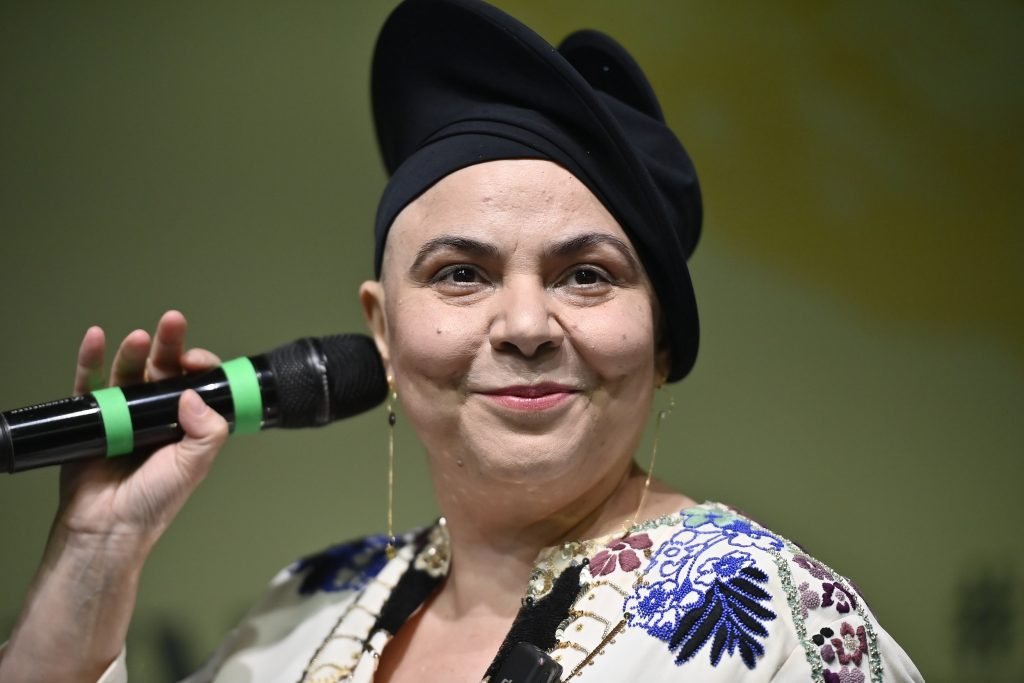Pitalk about one incurable disease it’s the last one taboo in a society that teaches us neither to live nor to die. We know that sickness and death happen, and we generally hope that they will find us as late as possible. In the meantime, we fill our lives to the fullest so as not to think about it. Michela Mourgia he is perhaps the first public figure to speak courageously about the disease, a terminal cancer. Not an alien to fight, as he called it Oriana Fallaci, but “a part of my complexity.” A definition that changes the narrative of the disease, opening up glimpses of awareness
His posts Michela Mourgia they are the first to appear on my Instagram feed. His story touches me deeply: my father died of skin cancer, melanoma and my aunt died of breast cancer. My mother was waiting for me when my aunt got worse. It can be said that I was born along with the suffering of a loved one’s illness.
The creeping awareness that life is fragile, very fragile, has been with me since I was a child. A heavy, leaden realization
One of Michela Murgia’s latest posts is a photo of the gas meter in Rome lit up at night. It seems to reach towards the sky. What do those who know they have a little longer to live think? What fears pervade the mind and what sensations pass through the body? I have often wondered this, thinking about my dad. Until the end, my mother and I could not understand what he was thinking. In the hospice, where he spent his last days, we refused to let the doctors tell him his condition. He ate, he was calm, he hoped to be out soon (or did he know?). He was a man who never gave up. “It’s your right to know,” we were told. And we denied him that right. Even today I wonder if it was really for the best for him. But anyone who has experienced similar situations knows: in those moments of disorientation and deep anguish, you do what you believe is right. There are no mistakes, only the clumsy and clumsy attempt to react to the realization of the transience of life. To defend himself from the dizziness of pain.
I remember perfectly the day Michela Murgia gave that famous interview to Corriere della Sera in which she revealed her kidney cancer. I read it in one go and immediately knew that Michela Murgia was doing something extraordinary:
by communicating his terminal illness, he was teaching us a life lesson. Indeed, even better: a lesson in joy for life and profound freedom
Because the message contained in that interview was: “I am alive and I am grateful for what life has given me. Illness and death are part of life itself.’ No hard feelings about fate, quite the opposite.
Instead of hiding the disease, Murgia shed light on it as a part of his life, perhaps not even the worst
Something normal, which can happen to anyone, because life is inextricably linked with illness and death. A philosophy I rediscovered by delving into Buddhist thought but had yet to hear echoed in the media. Finally, I thought.
Each of his posts—mostly musings on life and love, with his “queer family” exploding the arrogance of those who claim to know what defines a family—is like a shock, a wake-up call that it reminds me to live each moment intensely knowing it won’t happen again, to train the miracle, to give thanks for the life I have and for the people who are next to me, to love so much and with kindness. To not be limited by the context in which I live and to always exercise my freedom, in all areas. To relieve the mind of useless thoughts, complaints and judgments. To embrace all that life offers me (or at least try to).
And in a system that wants us to be automatic, living crazy is perhaps the most disruptive reminder
But then, Michela Murgia has always been an awkward character. It’s all the way through.
Thanks.

